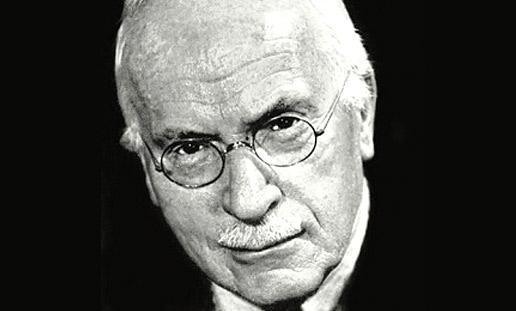WHAT IS ANALYTICAL PSYCHOLOGY?
WHAT IS ANALYTICAL PSYCHOLOGY?

Analytical psychology approaches psychotherapy in the tradition of C. G. Jung. It is distinguished by a focus on the role of symbolic experiences in human life, taking a prospective approach to the issues presented in therapy. This means that while one’s life history is of great significance for understanding one’s current circumstances, the current circumstances also contain the seeds for future growth and development. The goal of Jungian analysis is what Jung called individuation.
Individuation refers to the achievement of a greater degree of consciousness regarding the totality of the person’s psychological, interpersonal and cultural experiences. Jung identified two deep levels of psychological functioning that tend to shape, color and sometimes compromise a person’s experience of life.
Along with Freud, Jung recognized the importance of early life experiences, and the personal complexes that arise from disturbances in the person’s life all of which are found in the personal unconscious. Jung’s particular insight, however, was his recognition that individuals are also influenced by unconscious factors that lie outside their personal experience, and which have a more universal quality. These factors, which he called archetypes, form the collective unconscious, and give shape to the more universal narratives, myths and religious phenomena that shape the larger context of human experience.
The analytic process is intended to bring these factors, both personal and collective, into consciousness, allowing the individual to see more clearly what forces are at play in his or her life. This is the process of individuation, which has the larger goal of providing the individual with the resources to shape their life going forward. Implicit in Jung’s understanding of the archetypes in particular is the sense of a goal toward which one’s life may be directed.
The role of the analyst is to help facilitate the individuation process by providing an informed interpretative environment for understanding the individual’s life experiences.
by Iaap
Be the first to post a message!